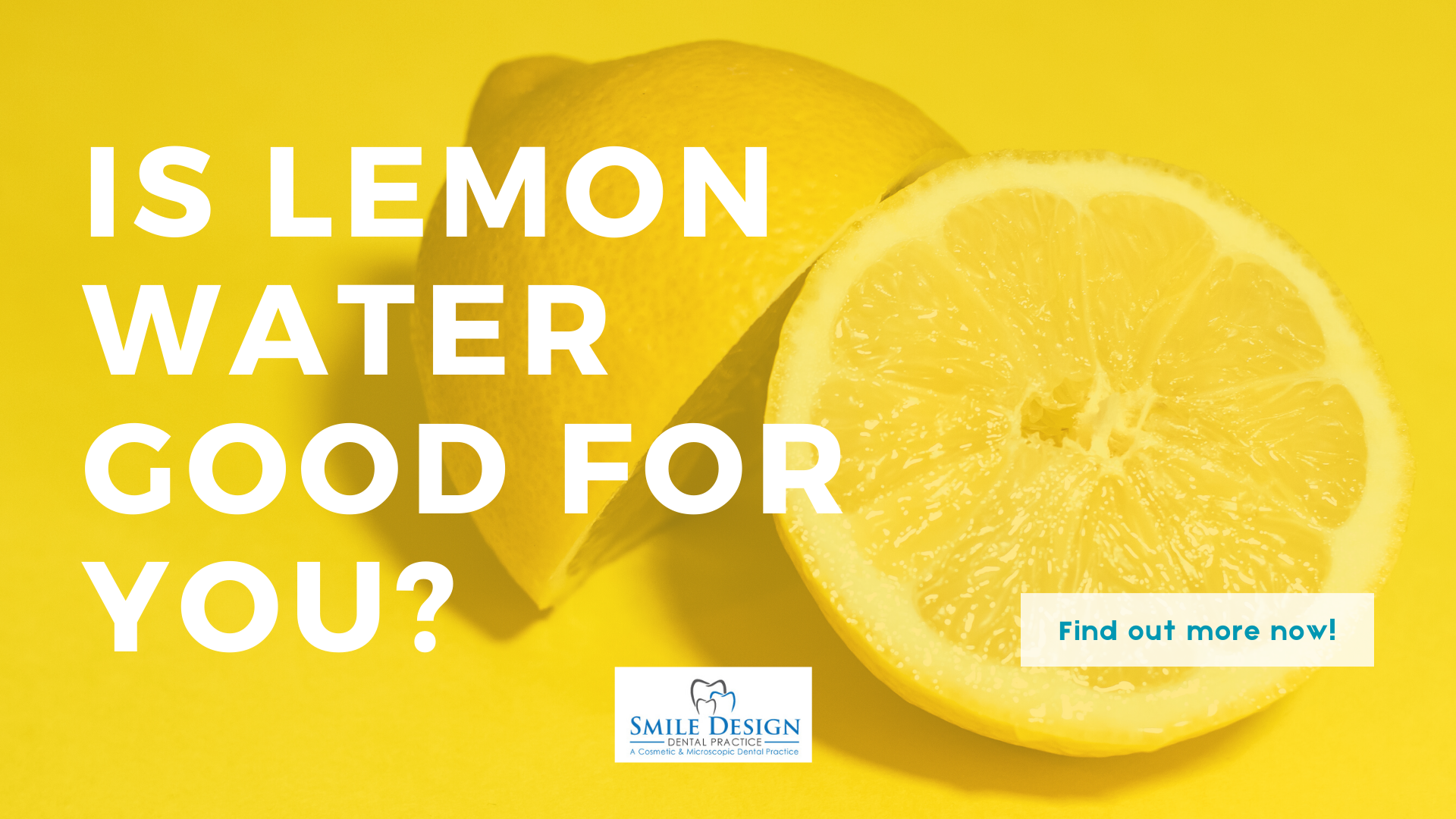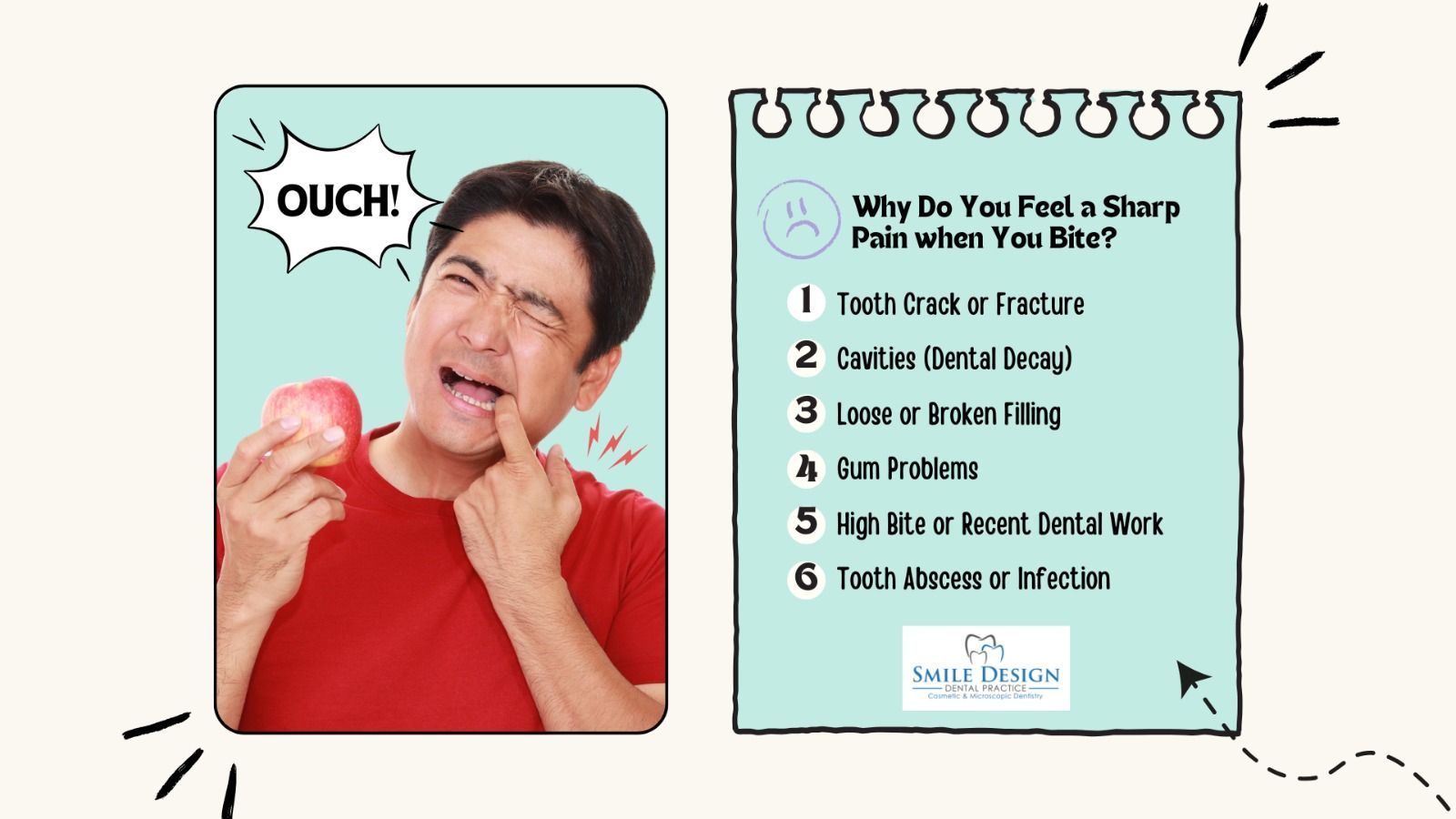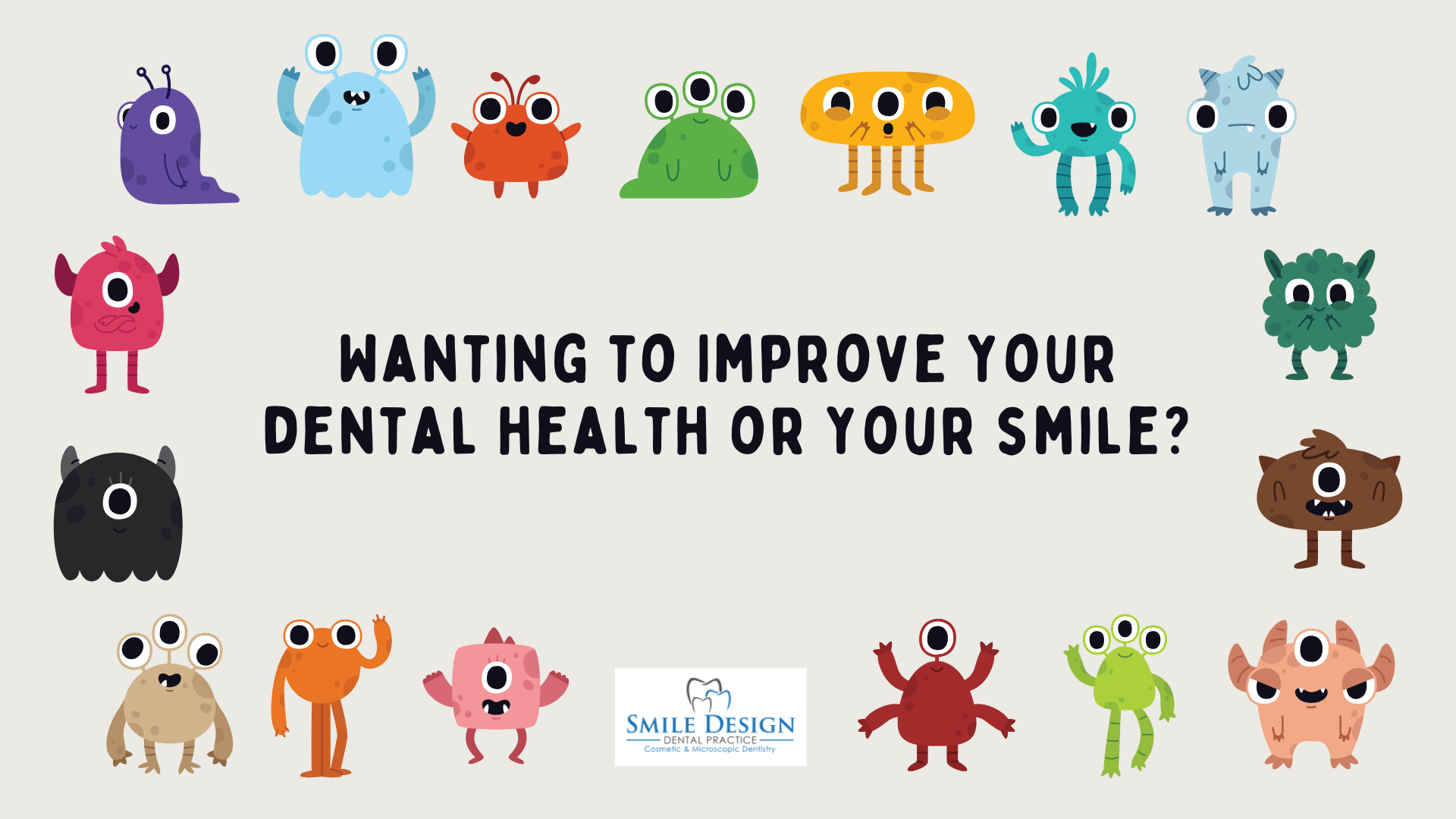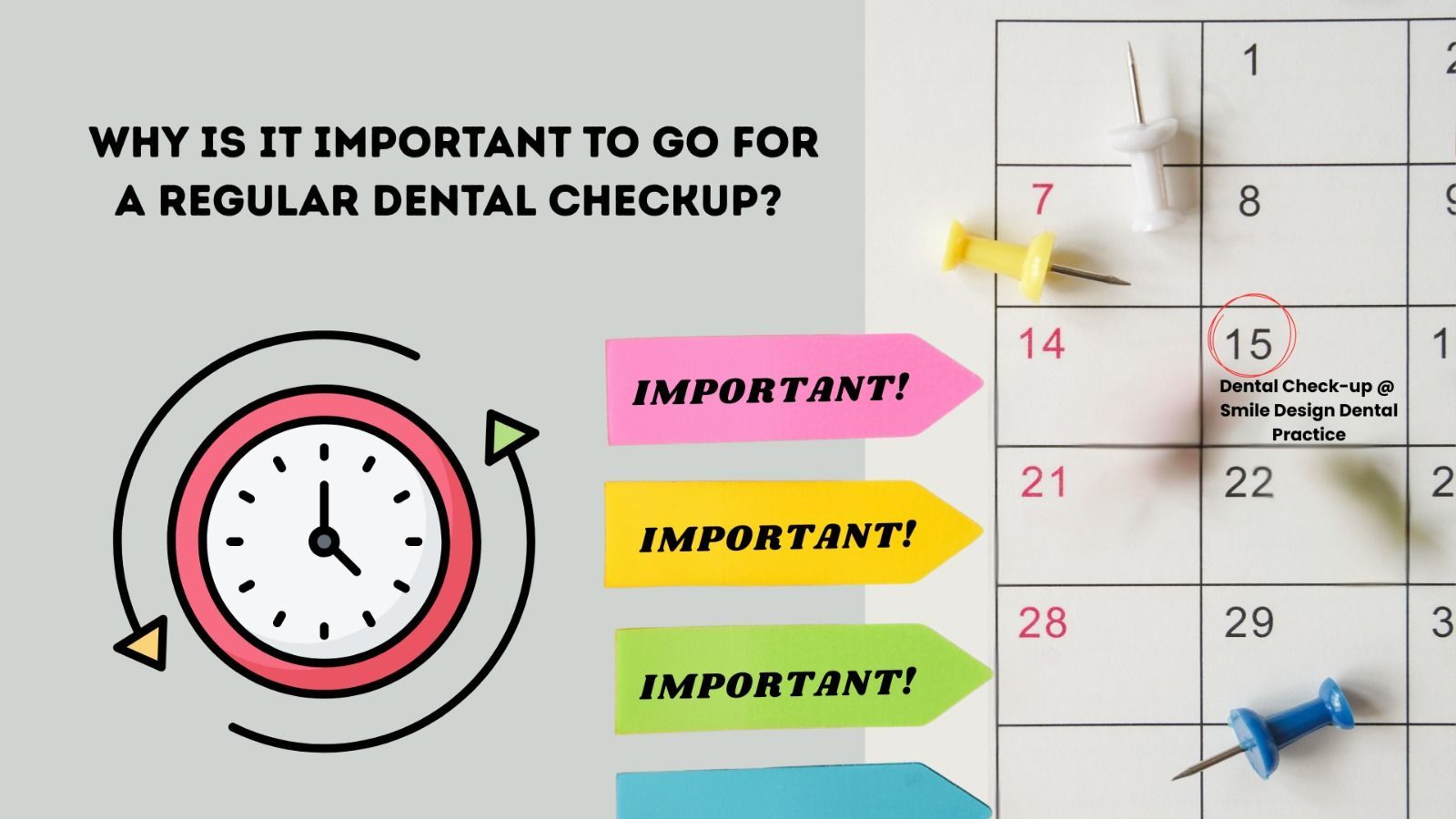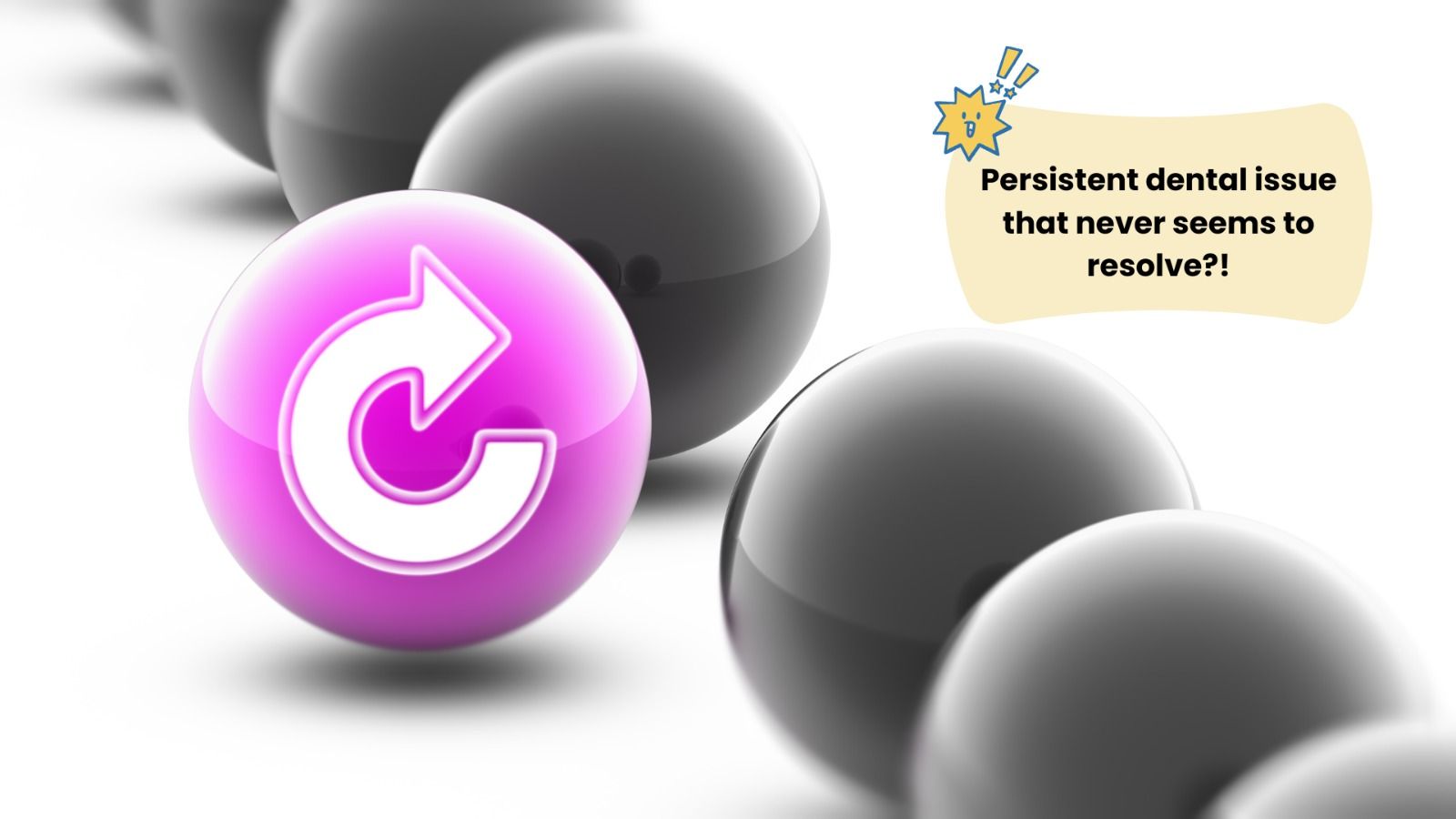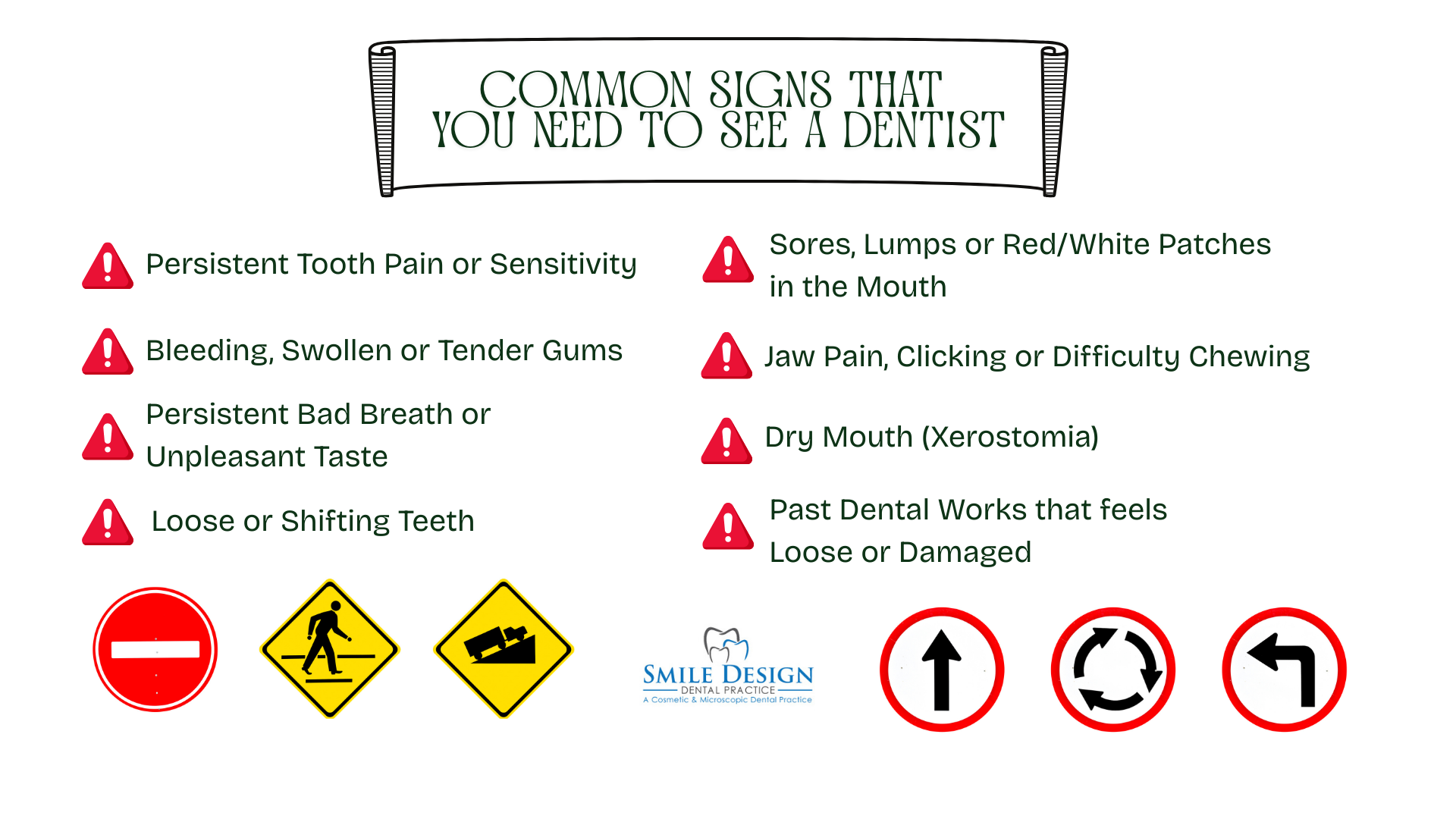The Importance of Flossing
What is a dental floss?
A dental floss is a thin cord of filaments that we used to remove any food stuck in between our teeth and areas that a toothbrush is unable to reach. The most common and popular dental floss in the market, and often most recommended by dentists is the one that is wax coated. As it is wax coated, it is more gentle on our gums and leaves a minty taste after flossing.
Types of dental flosses
- F-shaped floss
- Y-shaped floss
- Interdental floss
- Water flosser
Other than the cord of floss in a dispenser box, there are a few variations that cater to different needs and usage.
The F-shaped and Y-shaped dental floss wands
are designed for the convenience of flossing without needing 2 hands to do the flossing motion in between our teeth. It is a single-hand operation design that enables the user to floss efficiently and reach to the back of the mouth.
There is also a similar design but battery operated flosser. It serves the similar purpose as the F-shaped and Y-shaped dental floss. It is designed for users who are unable to master the traditional string floss technique.
For you who are wearing braces, you will find that you can use a traditional dental floss directly. You need a floss threader to help the floss to go through the brackets, wires and bands, allowing flossing to be efficient, just like a needle and thread.
An interdental floss
looks like a mini toothbrush with bristles at the sides with a short handle that allows you to grab on and floss in between teeth. It is effective for those teeth with bigger gaps. The interdental floss does not cut the gums accidentally like a normal dental floss does. Usually people choose interdental floss over a traditional dental floss when the dental floss is inefficient and some gaps and corners can’t be reached.
The water flosser
is an electronic floss with water sprouting out, cleaning through your teeth. It is popular for those people who do not like the traditional dental floss and effective in cleaning out food stuck in between the teeth where dental floss can’t reach. It also helps to flush underneath the gum line which many people tend to ignore and neglect.
It is not a replacement for a toothbrush, but an enhancement to flossing our teeth. The water flosser is a good choice for those wearing braces and find using traditional dental floss with a floss threader too cumbersome to manipulate. It has a different intensity of strength that allows water to pass through the intricate nooks in between your teeth to remove food traps.
For more information and consultation, please contact Smile Design Dental Practice at +65 6463 8588.
To serve you better, we are available by Appointment Only.
Please contact us to schedule for an appointment.

